What the 'Don't Say Gay' bill debate tells us about democracy

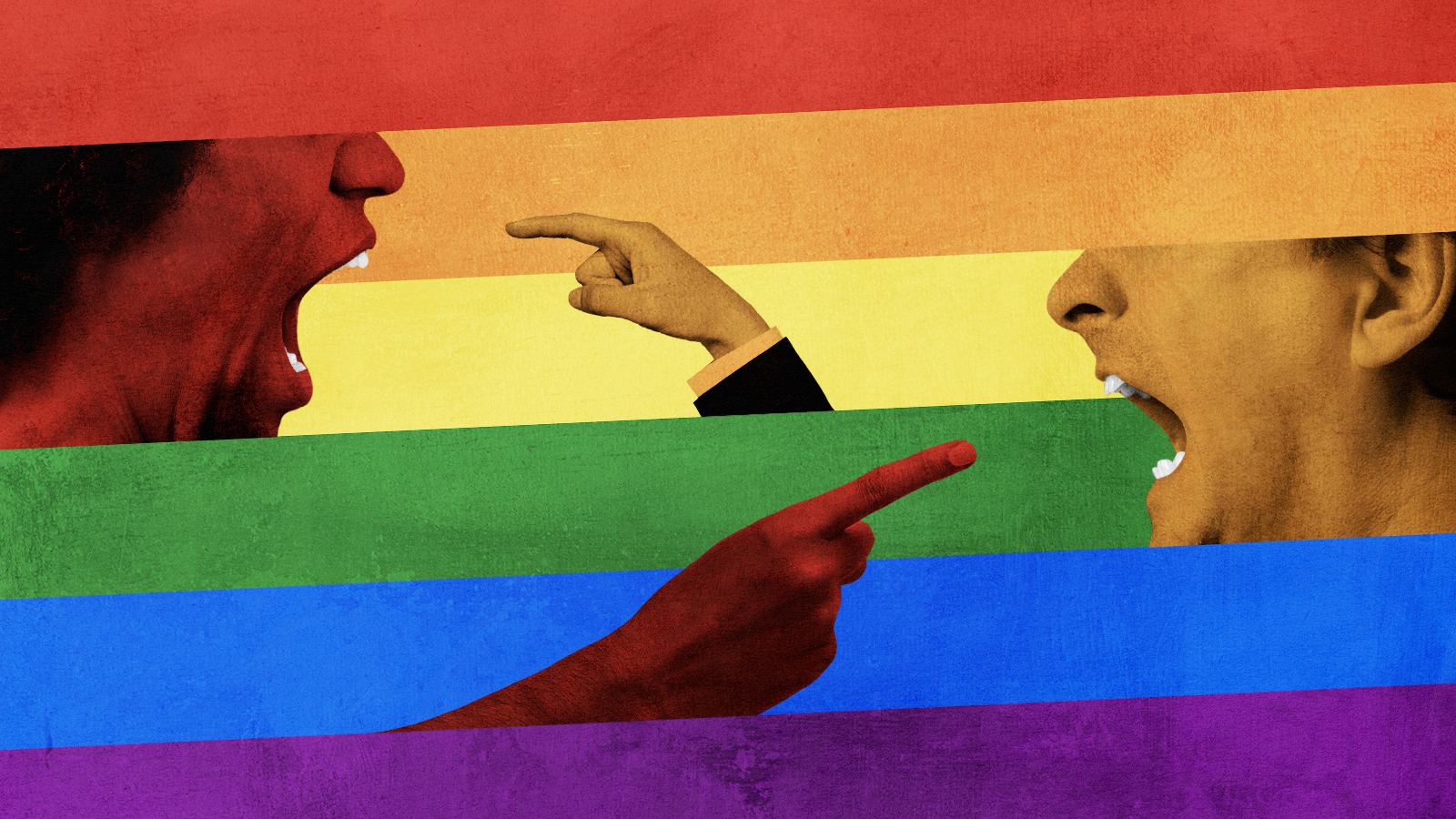
A free daily email with the biggest news stories of the day – and the best features from TheWeek.com
You are now subscribed
Your newsletter sign-up was successful
Not since the partial-birth abortion bans of the 1990s has the name of a bill been at least as hotly debated as its contents. This time, the social liberals have won: Florida's Parental Rights in Education Act has been successfully rebranded by its opponents as the "Don't Say Gay" bill, over the objections of supporters to it being so characterized not only by activists but also by much of the media.
The legislation seeks to restrict the discussion of sexual orientation and gender identity with public school children, especially from kindergarten to the third grade, and enhance the ability of parents to object to the local sex education curriculum. It comes at the same time as a similar debate over parental rights and the teaching of critical race theory in government schools.
Critics of both these pushes regard this as akin to the John Scopes trial over illegally teaching evolution. Indeed, many of the bills now under consideration will prove overly broad. There will be excesses where innocuous books or classroom instruction become the subject of controversy or even prohibited (though these disputes would not be occurring were there not also excesses in the opposite direction).
The Week
Escape your echo chamber. Get the facts behind the news, plus analysis from multiple perspectives.

Sign up for The Week's Free Newsletters
From our morning news briefing to a weekly Good News Newsletter, get the best of The Week delivered directly to your inbox.
From our morning news briefing to a weekly Good News Newsletter, get the best of The Week delivered directly to your inbox.
More than an argument over human sexuality or critical race theory, though, the debate is fundamentally about on what side does a community err and who gets to decide. The parents who raise the children, the taxpayers who support the schools, and the voters who elect the school boards — or the education professionals? There is no shortage of dedicated and compassionate teachers, nor inadequate parents. But the professionals have not always covered themselves in glory over the past two years and parents often know their children best.
A presumption in favor of parents discussing sex with their own young children is not an unreasonable one. Democratic accountability for those who decide how public school students will be taught is also a good thing, even if there will sometimes be bad outcomes. That's democracy.
Extremist conservative school boards can be voted out as easily as "woke" ones, and not all parents weighing in on their children's instruction will lean right. Much of the argument that parents should generally defer to the professionals is reminiscent of an old story by former Sen. Phil Gramm, who'd once asserted that "my educational policies are based on the fact that I care more about my children than you do." Challenged by an interlocutor who insisted that wasn't true, Gramm replied, "OK. What are their names?"
A free daily email with the biggest news stories of the day – and the best features from TheWeek.com
W. James Antle III is the politics editor of the Washington Examiner, the former editor of The American Conservative, and author of Devouring Freedom: Can Big Government Ever Be Stopped?.
-
 The week’s best photos
The week’s best photosIn Pictures An explosive meal, a carnival of joy, and more
-
 The ‘ravenous’ demand for Cornish minerals
The ‘ravenous’ demand for Cornish mineralsUnder the Radar Growing need for critical minerals to power tech has intensified ‘appetite’ for lithium, which could be a ‘huge boon’ for local economy
-
 Why are election experts taking Trump’s midterm threats seriously?
Why are election experts taking Trump’s midterm threats seriously?IN THE SPOTLIGHT As the president muses about polling place deployments and a centralized electoral system aimed at one-party control, lawmakers are taking this administration at its word
-
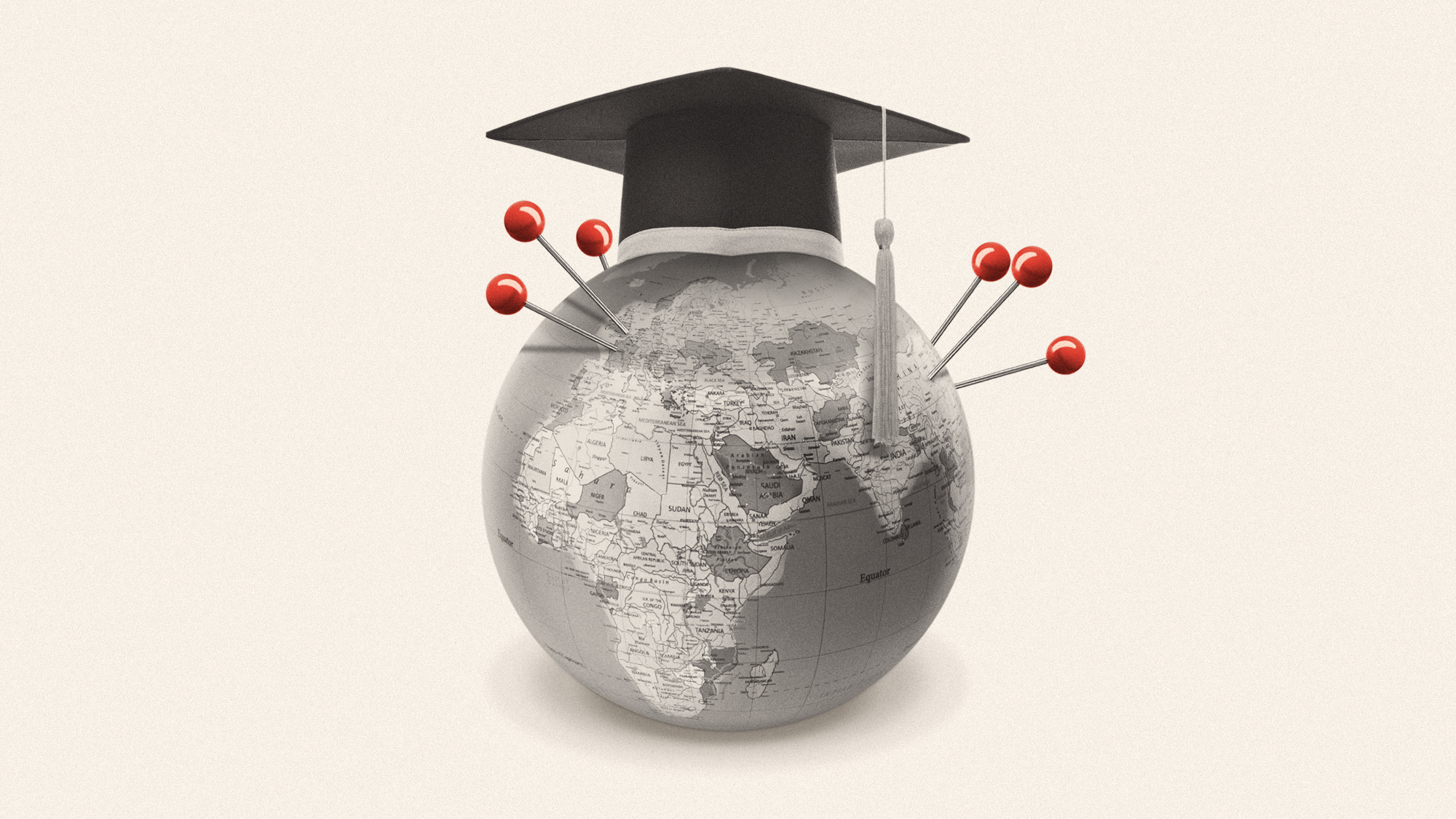 Where will international students go if not the US?
Where will international students go if not the US?Talking Points China, Canada and the UK are ready to educate the world
-
 Smartphones face bans in US schools
Smartphones face bans in US schoolsTalking Points Educators say the devices disrupt classrooms
-
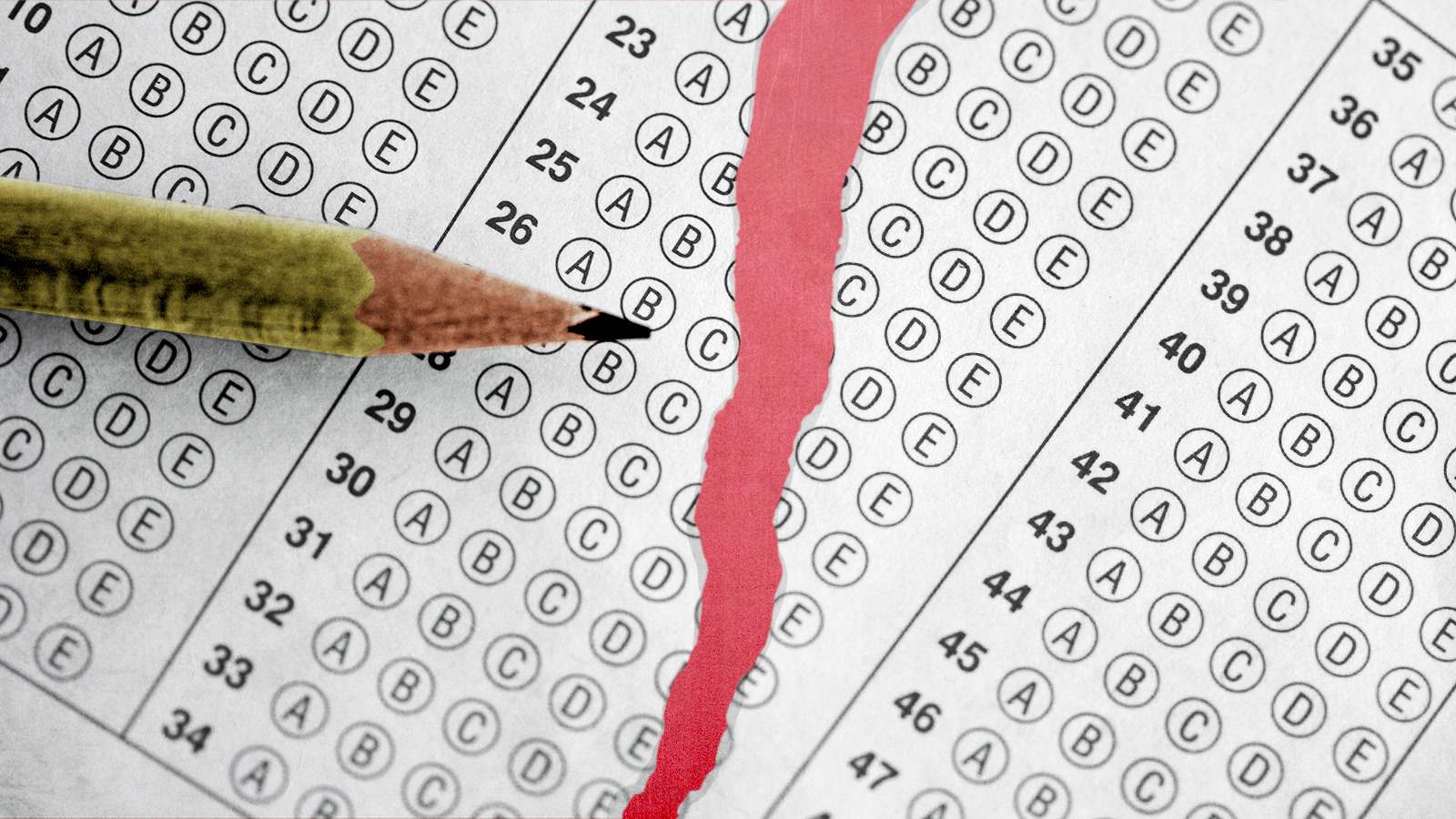 Another standardized test bites the dust. Will standards follow?
Another standardized test bites the dust. Will standards follow?Talking Point
-
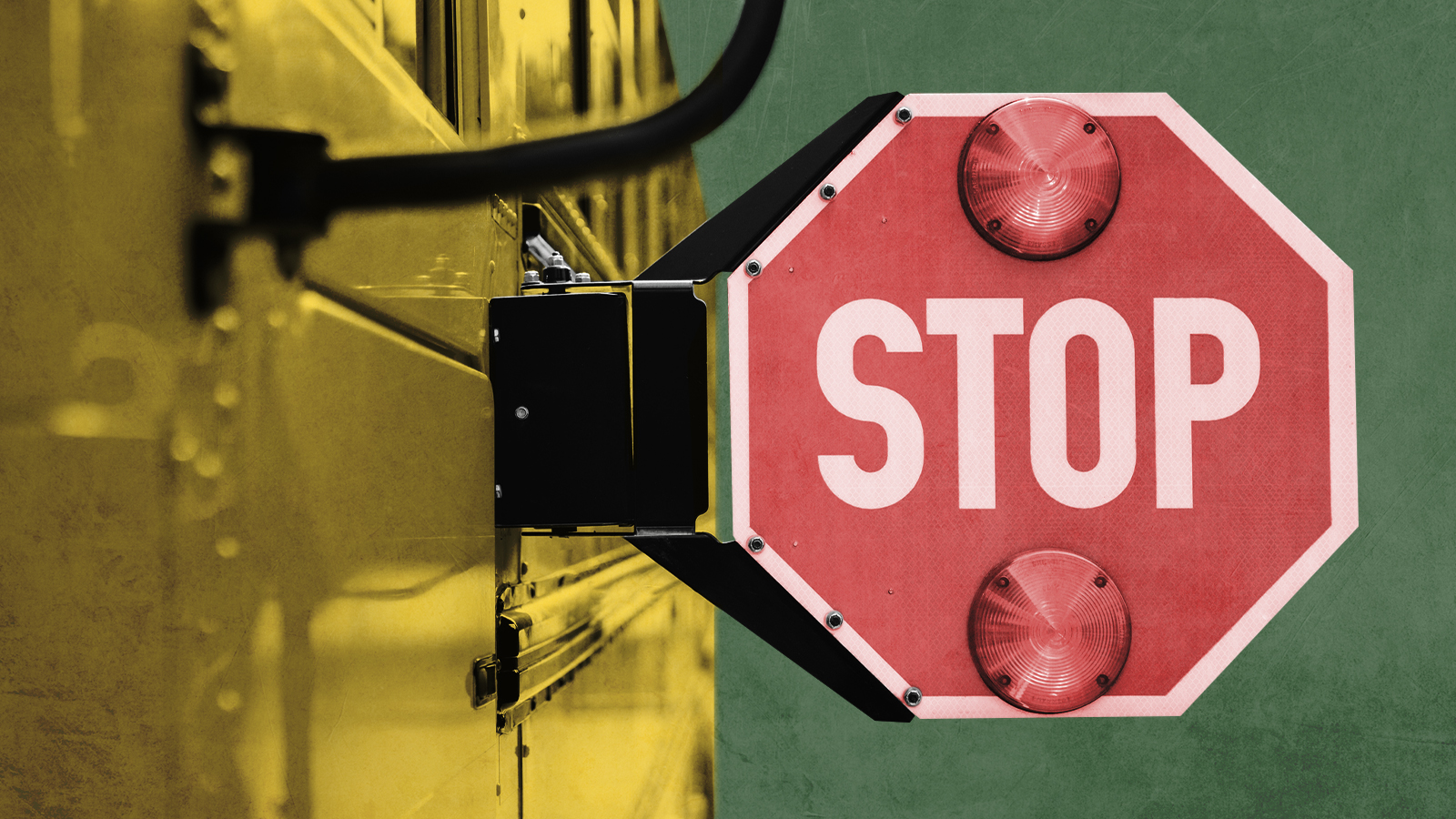 What conservatives really mean when they say 'groomer'
What conservatives really mean when they say 'groomer'Talking Point
-
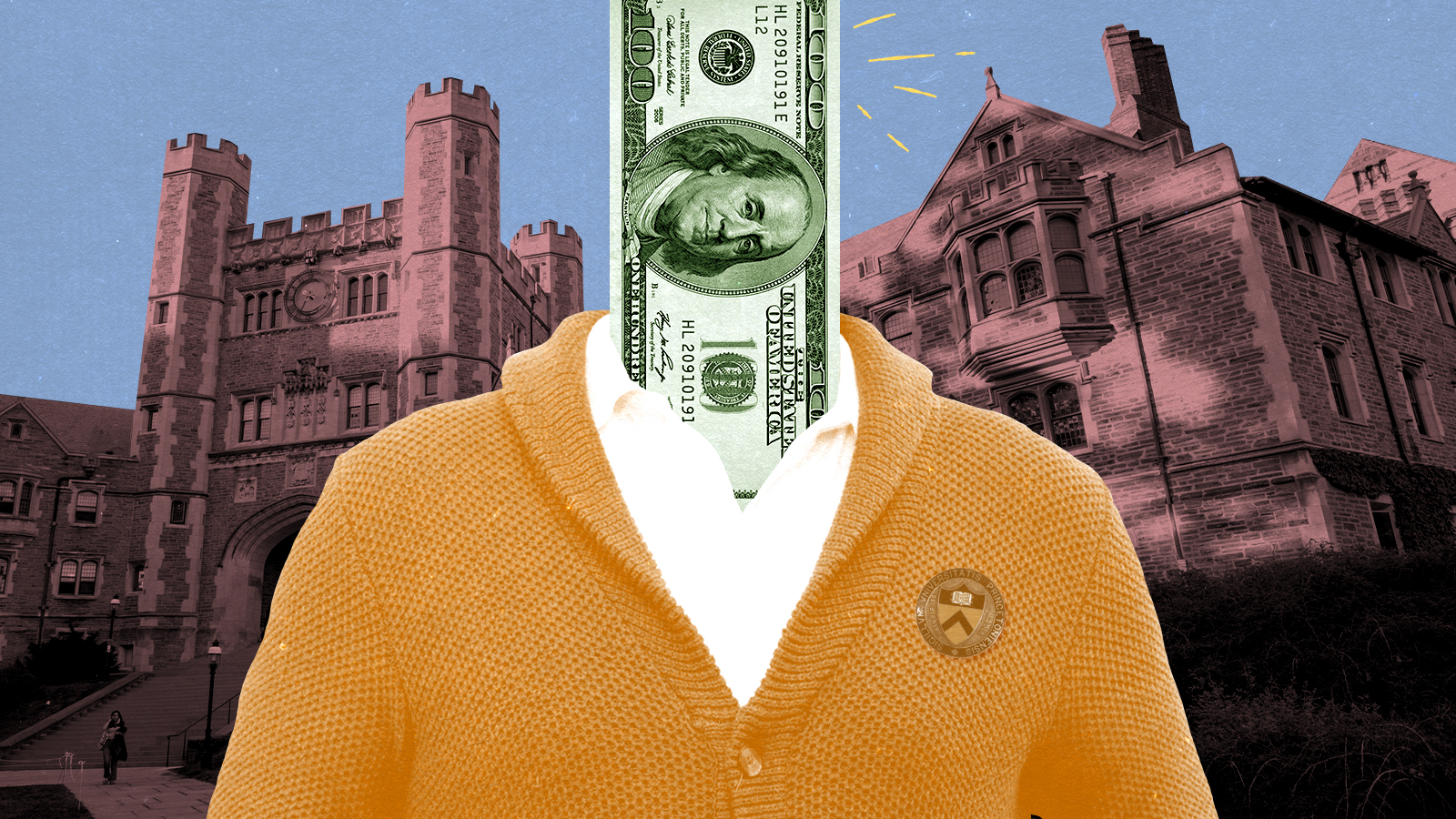 Princeton gives a pay raise to some of the most privileged people in the world
Princeton gives a pay raise to some of the most privileged people in the worldTalking Point
-
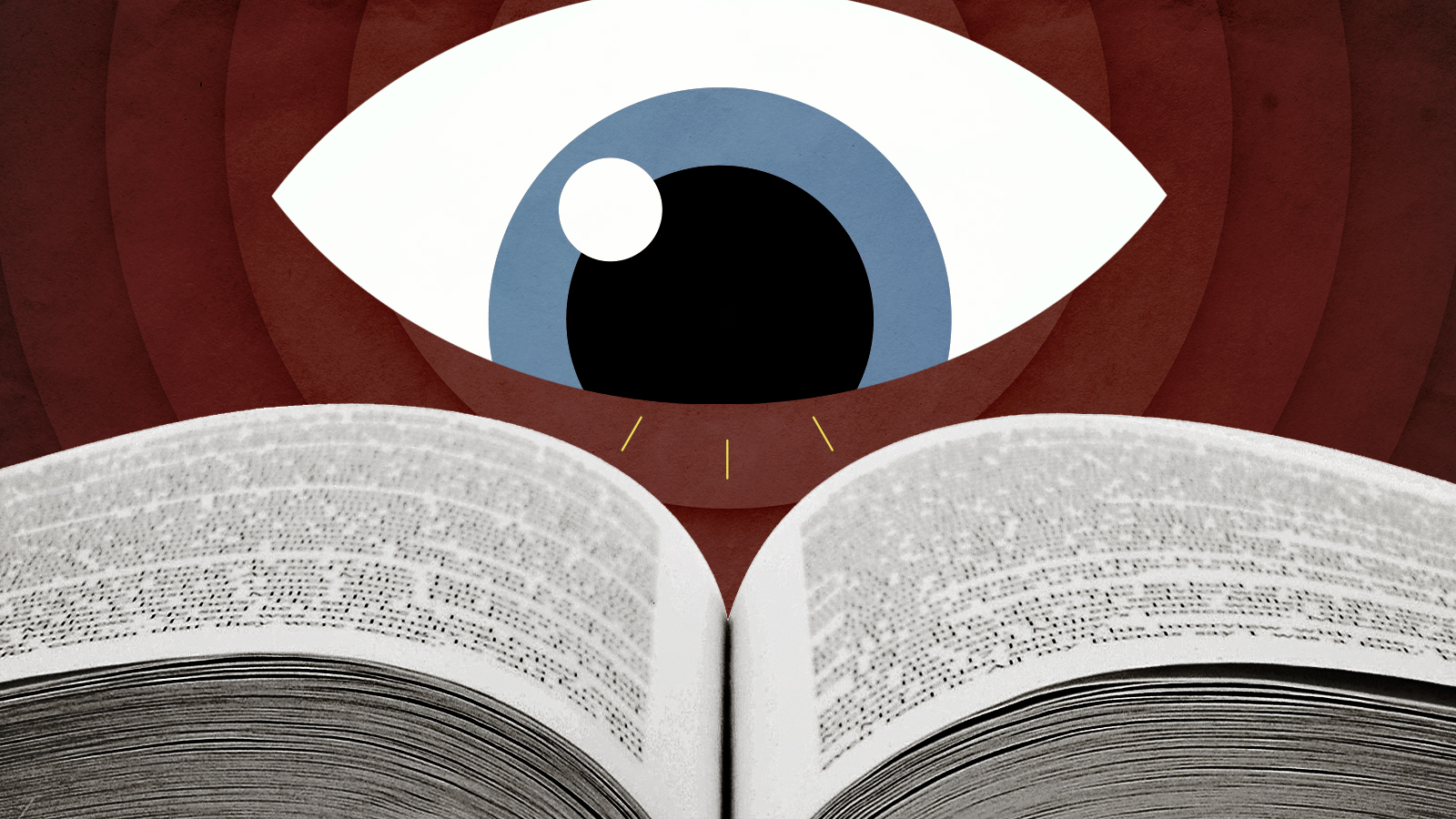 Transparency is good, but it won't end the CRT debate
Transparency is good, but it won't end the CRT debateTalking Point
-
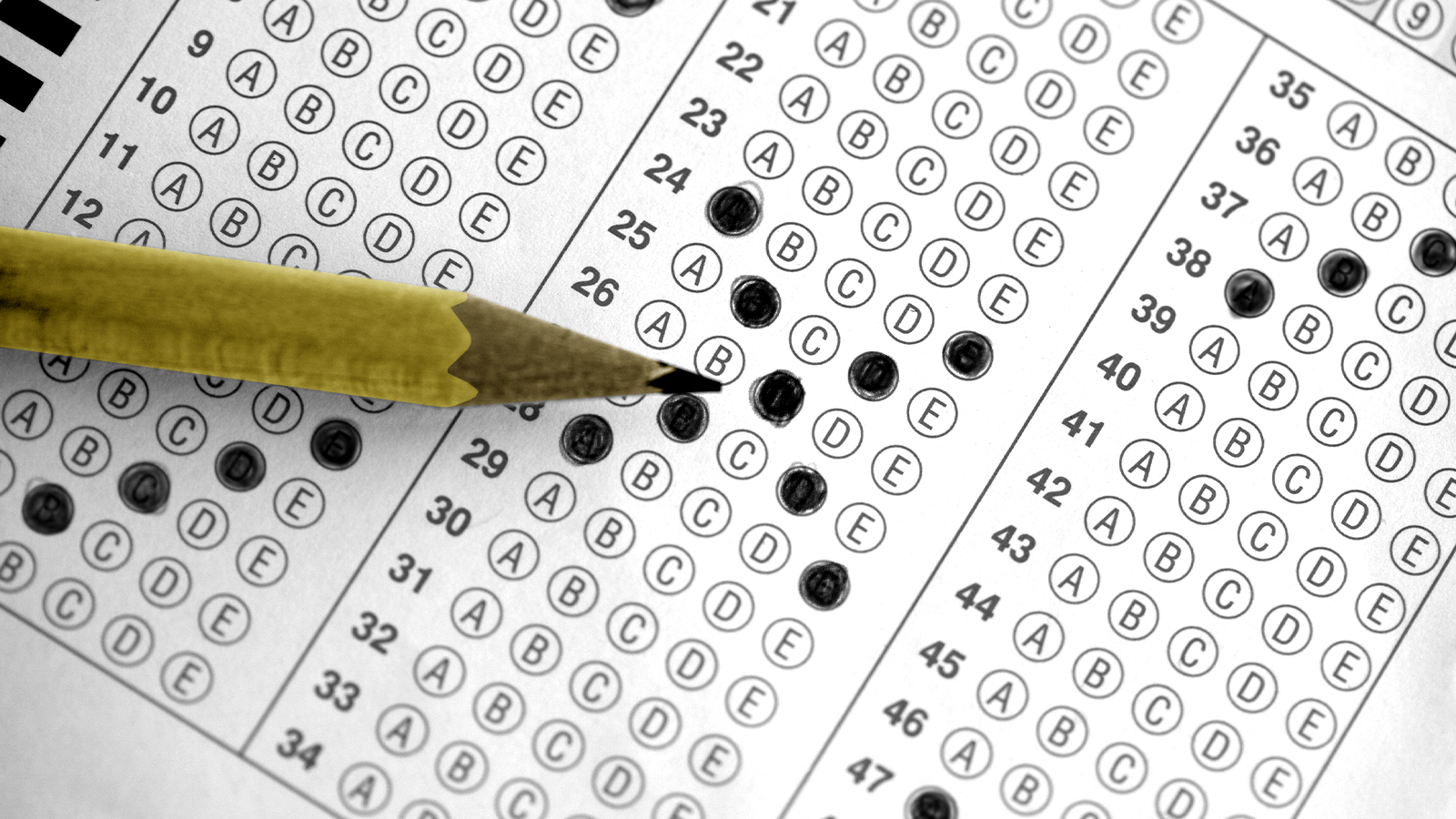 Meet the new Harvard, same as the old Harvard
Meet the new Harvard, same as the old HarvardTalking Point
-
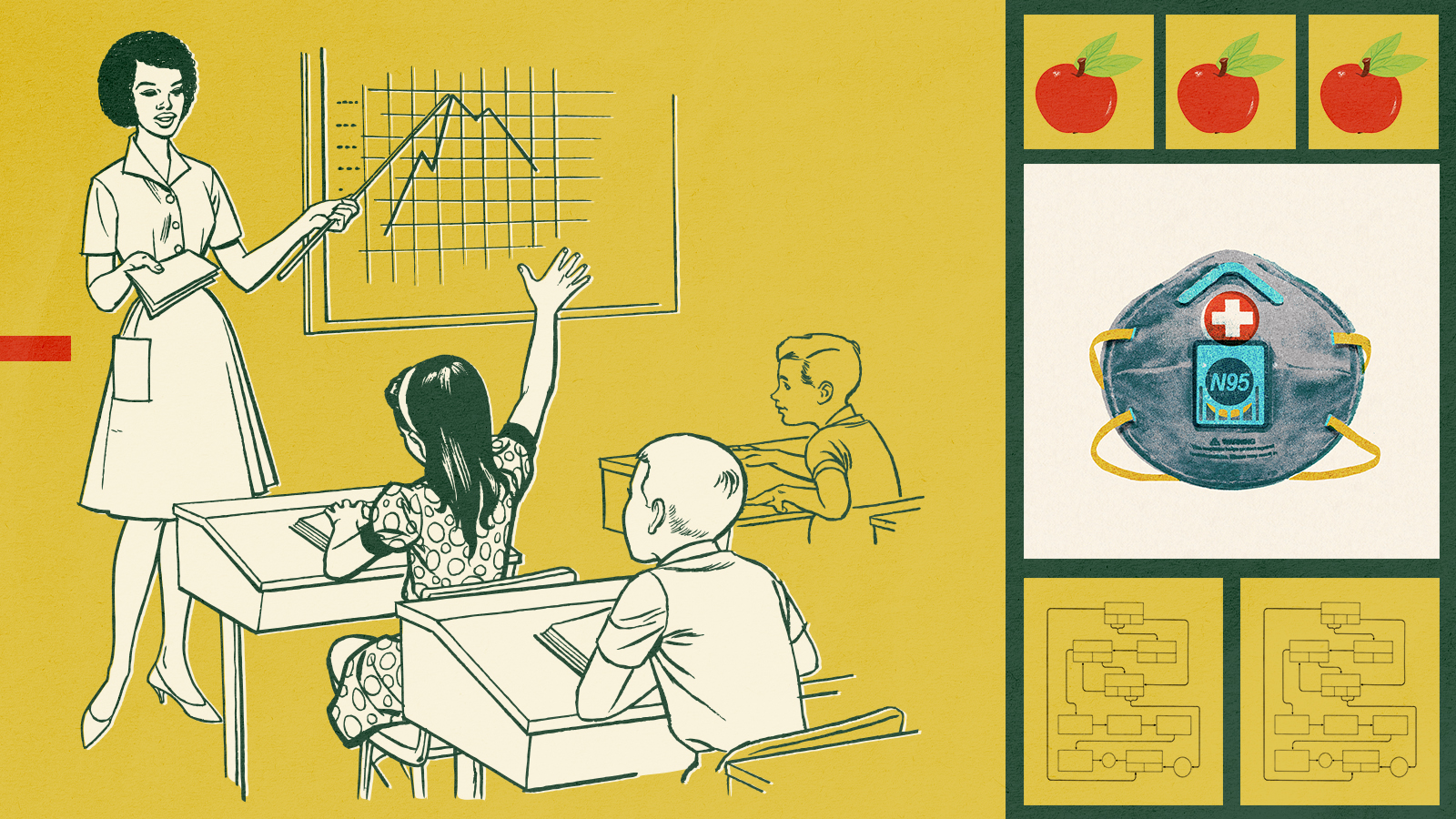 Americans just want their schools left alone
Americans just want their schools left aloneTalking Point
